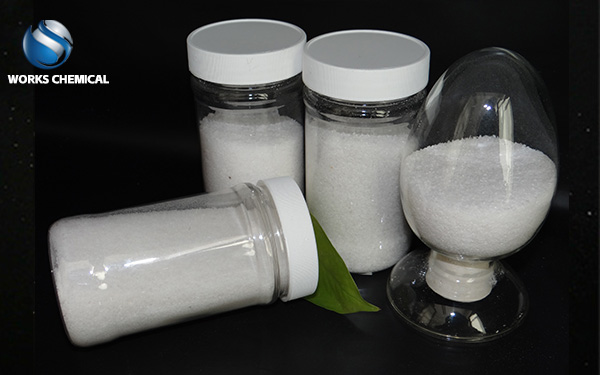
The comparison between sludge enhancers and conventional flocculants in terms of environmental protection needs to consider a number of factors, including biodegradability, toxicity, potential impact on the environment and treatment effect.

Environmental protection of sludge enhancers
Sludge enhancers typically contain a variety of ingredients designed to improve dewatering efficiency by changing the microstructure and properties of the sludge. In terms of environmental protection, the environmental protection of sludge enhancers may vary depending on the specific composition. Some highly effective sludge enhancers may be made from biodegradable or low toxic materials that break down naturally in the environment, reducing negative impacts on the ecosystem. In addition, while reducing the moisture content of the sludge, the sludge synergist can also reduce the volume of the sludge, reduce the energy consumption and carbon emissions during subsequent treatment and transportation, and thus have indirect environmental benefits.
Environmental protection of conventional flocculants
Conventional flocculants are mainly divided into inorganic flocculants and organic synthetic polymer flocculants. Inorganic flocculants, such as aluminum salts and iron salts, may introduce a certain amount of metal ions in the sewage treatment process, which may produce certain toxicity or ecological risks in the environment. Although the organic synthetic polymer flocculant has good flocculation effect, its biodegradability is poor, and it may exist in the environment for a long time, posing a potential threat to the ecosystem. However, in recent years, with the improvement of environmental awareness, some environmentally friendly organic polymer flocculants have been gradually developed, these flocculants maintain efficient flocculation performance, but also have good biodegradability and low toxicity.
Comprehensive comparison
From the point of view of environmental protection, sludge synergists and environmentally friendly conventional flocculants are likely to become the choice of environmentally friendly water treatment. However, which is more environmentally friendly still needs to be comprehensively evaluated according to the composition, performance and application scenarios of specific products. Some highly effective sludge enhancers may have better biodegradability and lower toxicity, thus performing better in terms of environmental protection. Environmentally friendly conventional flocculants may have better applicability in some specific scenarios.
Conclusion
In summary, it is not possible to generalize that sludge synergists or conventional flocculants are more environmentally friendly, but need to be comprehensively evaluated according to the characteristics and application scenarios of specific products. When selecting water treatment agents, priority should be given to those products with good biodegradability, low toxicity, environmental friendliness and remarkable treatment effect. At the same time, it is also necessary to pay attention to the production cost and use cost of the product to achieve a win-win situation of economic and environmental benefits.